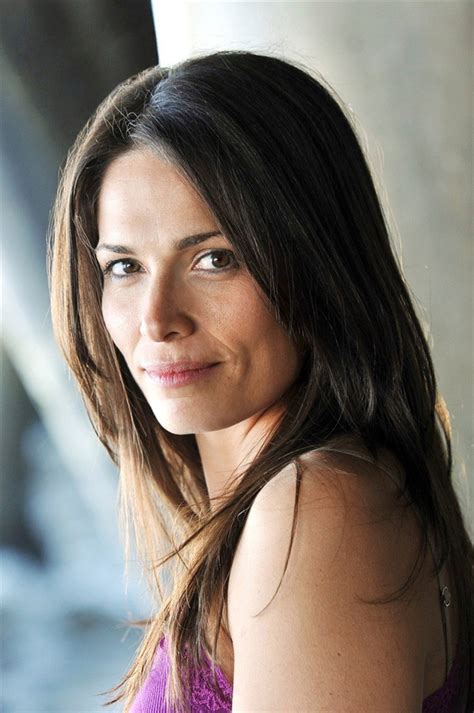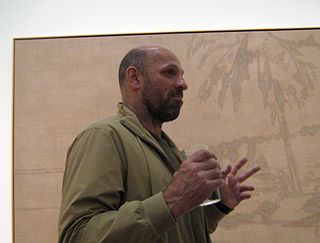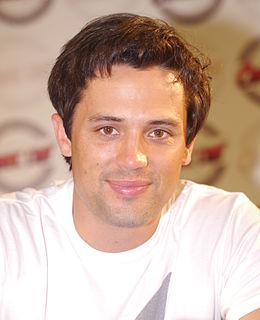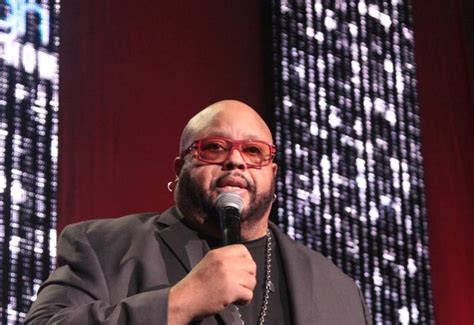A Quote by Babatunde Adebimpe
I was living in a loft with Dave Sitek - this loft full of people just working on their stuff. Some were painting, some were writing. Any plans you had were kind of like a plan for the next two months.
Related Quotes
At the beginning of the 20th century, before the migration began, 90 percent of all African-Americans were living in the South. By the end of the Great Migration, nearly half of them were living outside the South in the great cities of the North and West. So when this migration began, you had a really small number of people who were living in the North and they were surviving as porters or domestics or preachers - some had risen to levels of professional jobs - but they were, in some ways, protected because they were so small.
I was shooting on The Mindy Project while I was editing Alex of Venice, which was the stupidest thing I could've done. It was like having two full-time jobs. But in editing some characters were dropped, some storylines were dropped. It just starts dictating what it's supposed to be.It's scary, but fun to try to be brave and to "kill your darlings." To get rid of the stuff that you were like, "Oh, I'll never get rid of that. I love that. As long of a take as it is, I'm gonna keep that in."
Harvey wasn't interested in the clothes, it was the masks that mesmerized him. They were like snowflakes: no two alike. Some were made of wood and of plastic; some of straw and cloth and papier-mâché. Some were as bright as parrots, others as pale as parchment. Some were so grotesque he was certain they'd been carved by crazy people; others so perfect they looked like the death masks of angels. There were masks of clowns and foxes, masks like skulls decorated with real teeth, and one with carved flames instead of hair.
Our friendship was like our writing in some ways. It was the only thing that was interesting about our otherwise dull lives. We were better off when we were together. Together we were a small society of ambition and high ideals. We were tender and patient and kind. We were not like the world at all.
There were doors that looked like large keyholes, others that resembled the entrances to caves, there were golden doors, some were padded and some were studded with nails, some were paper-thin and others as thick as the doors of treasure houses; there was one that looked like a giant's mouth and another that had to be opened like a drawbridge, one that suggested a big ear and one that was made of gingerbread, one that was shaped like an oven door, and one that had to be unbuttoned.
Working on 'Laguna' was great because just being in production and shooting stuff and having to go back and relive some things, and there were some lines here and there that the producers would want us to say, and just kind of, you're forced to recreate moments, and just working on the show was so much fun.
It's easier to keep your stuff then it is to expose it, because some people don't get it. At the cross, at the feet of Jesus, there were some people who said, "Good! I'm glad that you're dead." Then there were some that were crying and saying, "Why are you doing this to this innocent man?" It is not easy to do.
The hardest bits of my book to read were the easiest bits to write because they were the most immediate. Probably because I had never stopped thinking about them on some level. Those bits I was just channelling and those were the most exciting writing days. The bits I found harder were the bits that happen in between, you know, the rest of living. There were whole years, whole houses, that I just got rid of.




































